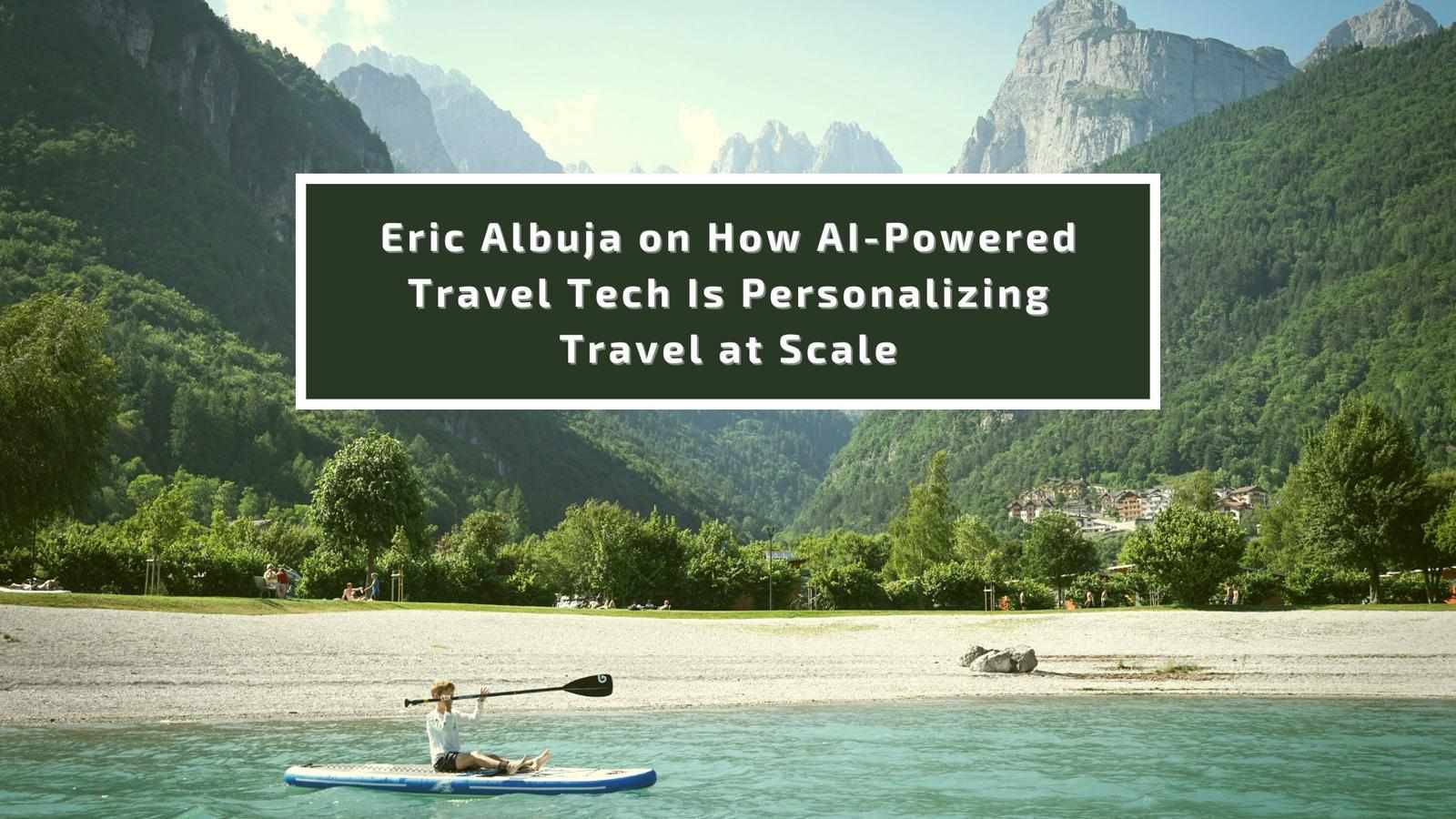
Travel is a rapidly changing industry, and technology is changing how people see the world. Eric Albuja, a senior manager at a Palo Alto-based tech travel startup, is one of the leading voices pushing this transformation. Known for his practical and data-driven approach, Albuja has embraced artificial intelligence (AI) to build smarter and more cost-efficient travel plans for personal trips and professional use.
Rethinking Travel Planning with AI
For many, planning a trip can be overwhelming. From comparing flight prices to booking hotels and mapping daily activities, it’s a time-consuming process with countless variables. Eric Albuja saw an opportunity to solve this complexity with AI.
Working at the intersection of travel and technology, Albuja began experimenting with AI-powered tools that analyze large datasets across airlines, hotel chains, weather systems, and local attractions. These tools help identify patterns and opportunities that traditional methods miss. The result? Travel itineraries that are not only more personalized but also more efficient and affordable.
Data-Driven Itineraries That Adapt in Real Time
One of the standout benefits of AI in travel planning is its ability to respond to changing conditions. Eric emphasizes the power of machine learning algorithms that adjust travel routes based on real-time data. If a flight gets delayed, AI can suggest alternative options. If a hotel price drops or weather conditions change, the itinerary updates automatically.
Albuja uses these dynamic features to his advantage. For instance, instead of locking in plans months in advance, he often sets up AI-powered alerts that monitor ideal booking windows. This allows him to secure flights and accommodations at lower rates, without compromising on quality.
Personalization Without the Guesswork
Another key focus for Eric is personalization. Traditional booking engines offer filters, but AI can go deeper—considering a traveler’s past preferences, travel history, budget constraints, and even behavioral trends.
For example, if a user prefers quiet boutique hotels near parks and local cafes, AI can sift through thousands of listings to match that exact profile. Albuja incorporates this strategy when building itineraries for his team or himself. By feeding in contextual information, he’s able to create experiences that feel curated, not generic.
Saving Time and Money, at Scale
At the startup where Eric works, the goal is to offer these AI-driven advantages at scale. Travel planning isn’t just a personal hobby for him—it’s part of a broader mission to streamline logistics for business travelers and tourists alike.
Through automation and smart systems, Albuja and his team are reducing the average time spent on itinerary planning by more than 60%. At the same time, they’re cutting travel costs by optimizing routes, leveraging loyalty programs, and identifying off-peak travel times.
Future of Travel: Smarter, Not Harder
Looking ahead, Eric Albuja believes AI will play an even greater role in shaping how we travel. He’s particularly interested in natural language processing (NLP) tools that let users describe their ideal vacation in plain English and then generate a full itinerary in seconds. Imagine saying, “I want a relaxing 5-day trip to Italy with scenic train rides and farm-to-table meals,” and receiving a detailed, bookable plan.
While the technology is still evolving, Albuja’s work is a glimpse into the future—one where AI takes care of the complexity, and travelers simply enjoy the journey.
Final Thoughts
Eric Albuja’s approach to AI-driven travel planning offers a blueprint for a smarter, more efficient future. By combining real-time data analysis, personalization, and cost optimization, he’s showing that intelligent travel isn’t just possible—it’s already happening. For anyone tired of juggling tabs and second-guessing travel decisions, his methods provide a compelling alternative: let the technology do the heavy lifting, and focus on the experience.




















Write a comment ...